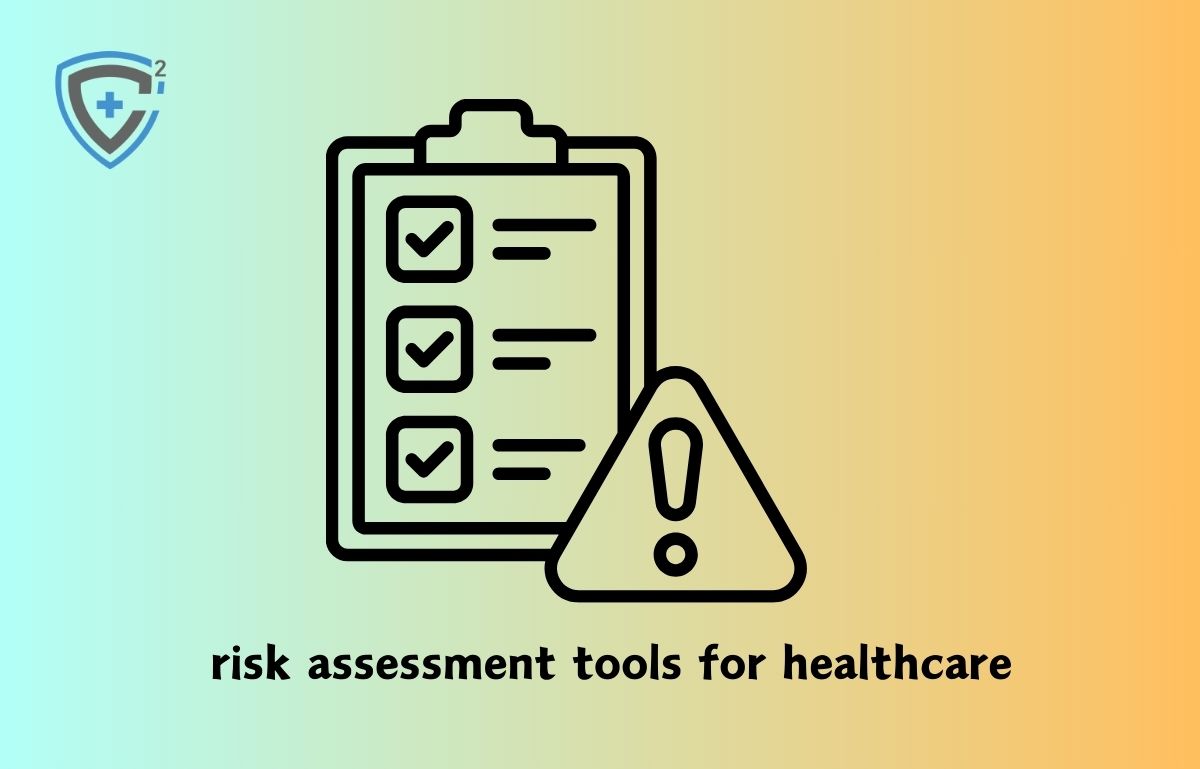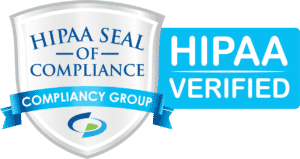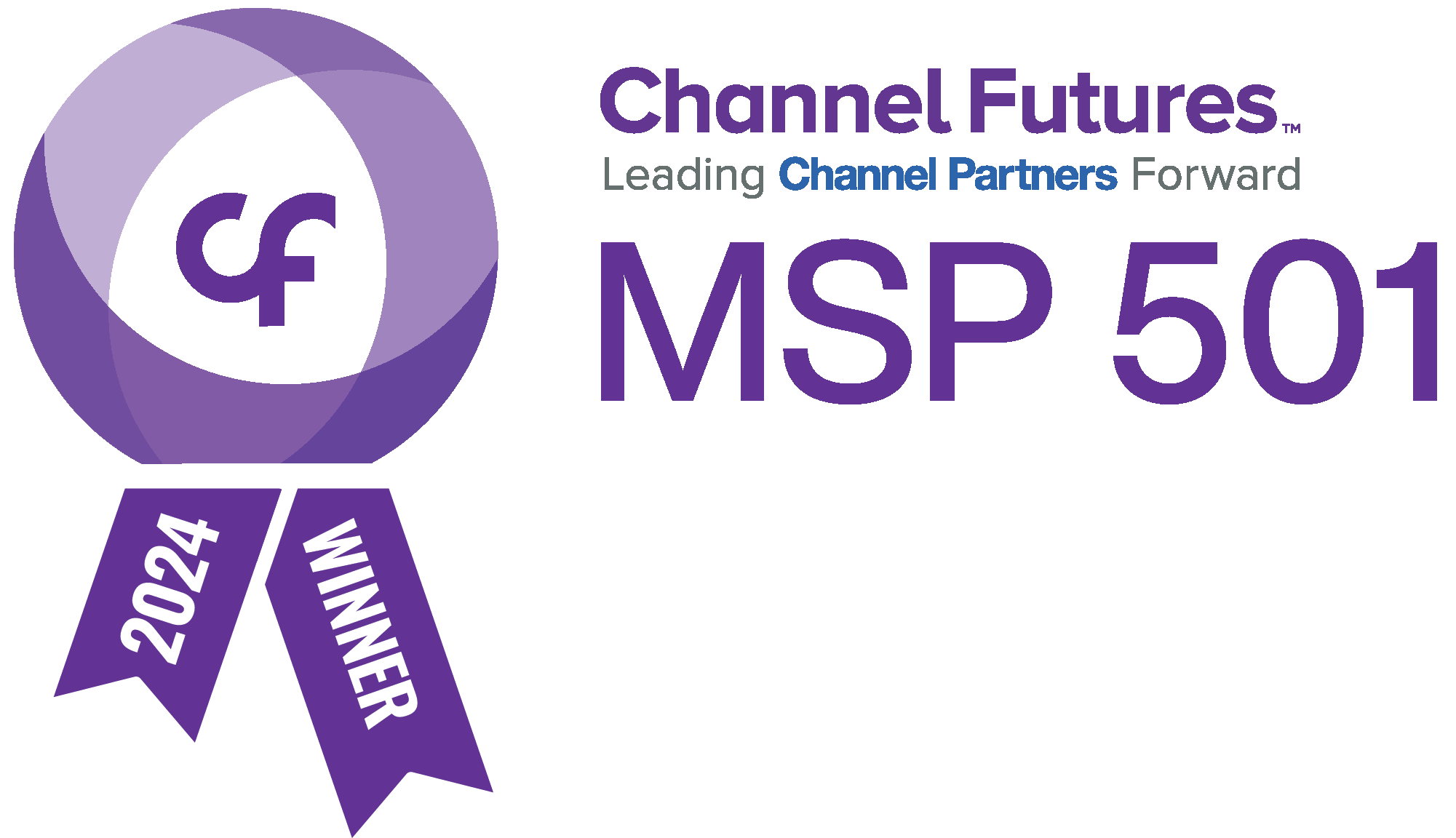Medical risk assessment tools are an important component of cybersecurity that ensures the safety of patient data and critical systems in medical practices. In the healthcare industry, cyberattacks can threaten patient safety and interrupt treatment. Even the patient’s life can be at risk. Risk assessments tools help mitigate attacks by identifying potential vulnerabilities in your organization’s cybersecurity architecture and the threats they pose. Learn about top medical risk assessment tools for healthcare that can protect patient data and critical systems. Let’s talk.

What is a risk assessment?
Risk assessment is a comprehensive process of identifying hazards and risk factors that can harm an organization. This process involves risk analysis and risk assessment, determining appropriate methods for eliminating hazards, and controlling them when it is impossible to avoid hazards. Many organizations feel that risk assessments are complex, rigorous and tiring, but they do not necessarily need to be. Risk assessment in an organization has a simple, practical and acceptable approach. If there are more than five employees in the organization, the risks associated with the business must be assessed and properly documented.
Importance of Risk Assessment
If you are wondering what the importance of risk assessment is, please pay attention to this section. The following are three essential reasons why risk assessments should be conducted at medical institutions.
1. Workplace Safety
Risk assessment helps ensure employee safety. By conducting risk assessments, you can ensure that your employees follow industry best practices and comply with standard regulations. Appropriate risk assessment ensures a stronger, safer and more protected work environment.
2. Project Success
Appropriate risk assessment enables project success. Any project can lead to success by implementing a risk assessment. Early identification of hazards minimizes potential project risks. Identifying potential threats makes it easy to create action plans to address them. This enables employees to maximize the outcome of the project in preparation for unexpected circumstances.
3. Financial Benefits
Risk assessments can help you discover the risks of causing serious financial losses and create effective strategies against them. Even if potential hazards ultimately occur, risk assessments can minimize the financial impact of the organization.
Benefits of Medical Risk Assessment
The Medical Risk Assessment embodies the policies and processes adopted to identify, minimize, and avoid risks at medical institutions. Get feedback on operational risks that may adversely affect your organization to reduce your risk.
Implementing a risk assessment is essential as it helps define the best way to avoid the organization’s service delivery challenges. By implementing a risk assessment, you can adjust the solution according to your unique challenges. It can also detect loopholes in defense systems that malicious actors may exploit. You can discover the work you need to improve within your organization, software applications that need to be corrected, and related information you need to effectively fulfill your responsibilities.
Another benefit of performing a health care risk assessment is that it addresses issues related to executing tasks. There are things like:
- Billing
- Patient Delay
- Duplicate Operations
- Safety and quality concerns
By conducting a resolute medical risk assessment, we can identify problems, prepare medical care, prioritize problems, and clarify how to solve them.
Medical Risk Assessment Tools
1. Vitaleyez Software
The Vitaleyez program provides a statistical record base for risk assessment programs. With fact and past evaluation data at hand, it is easier to fill in the chart with this software, and the inspection mechanism can be satisfied. The software receives inventory information such as asset descriptions, model numbers, and past evaluations directly from the risk assessment tools for healthcare program. With this tool, you can comprehensively document all the activities of medical institutions, understand where they face the most serious risks, and determine how best to mitigate them.
2. Risk Matrix
This software allows you to add a quantitative risk value to your risk. This is done by filtering the organization’s policies on how to address various risk levels. In the risk matrix, quantitative risk values are divided into distinct scales and numerical values are shared with each probability and impact. This allows the numerical value on the matrix to be scaled to assess the risk of combining each number.
3. Decision Tree
The Decision Tree Risk Assessment tool is used to select policies or to select from various behavioral procedures. The Decision Tree works by submitting a series of questions that bring multiple discoveries.
For example, in the healthcare industry, a decision tree may be used to infer when risks require critical management points (CCP). The findings obtained from the risk assessment tools for healthcare are entered into the Decision Tree to collect when it is safe to release new products.
4. Failure Mode Impact Analysis (FMEA)
This tool presents all possible methods of design, procedure and output failure. In FMEA, the problematic process, step, or plan can be placed in a characteristic row, and the vertical column can map each possible fault and its cause.
5. Bow Tie Model
Bow tie models are used to reduce the risk caused by unique and highly influential incidents. It was initially adopted in high-risk industries such as chemicals, oil and gas, but now it has spread to the medical industry as healthcare professionals have found value in the bowty model to assume complex risk environments.
6. Compliance Management Tools
Several medical cyber security tools provide simple compliance management services. Here are some examples of compliance tools:
- Microsoft Compliance Manager
- IBM QRadar Security Intelligence Platform
- Cisco Security Manager
These tools help you to see if you meet the risk assessment requirements. Most healthcare providers may not need assistance in leveraging regulatory compliance. However, cybersecurity service vendors can cooperate with the creation of compliance checklists, which is a worthwhile aspect of communication with cybersecurity service vendors.
Future Trends in Risk Assessment for Healthcare
Artificial Intelligence
The use of artificial intelligence-based tools is changing the method of risk assessment in healthcare; it analyzes a vast load of structured and unstructured information with speed and precision. AI-powered tools can predict potential risk, such as patient safety or compliance-related issues, by using their historical data and emerging trends. AI algorithms would provide actionable insights by identifying hidden patterns that human analysts might skip. For example, predictive analytics enable hospitals to make better resource allocations and avoid preventable incidents.
Blockchain Technology
Blockchain is revolutionizing risk assessment in ways previously unimaginable with its unparalleled security of data and transparency. In healthcare, blockchains ensure that sensitive patient data and compliance records are tamper-proof and traceable with ease. This decentralized technology creates an immutable ledger of transactions, especially helpful for auditing purposes. Besides, blockchain reduces the risk of data breaches because unauthorized access is restricted.
Cloud Integration
The adoption of cloud-based solutions in risk assessment tools for healthcare has so far enabled healthcare providers to access data and insights in real time, regardless of location. Integration with the cloud enables teams to be more collaborative and share risk assessment reports and compliance updates without any glitch. This flexibility is extremely important in multi-location healthcare organizations.
Partner with Compliance Choice to stay ahead of these trends-a place where innovation meets reliability. Our suite of next-generation solutions controls AI, blockchain, and the cloud to offer unparalleled risk management capabilities to healthcare organizations.
Why Choose Compliance Choice for Risk Assessment Tools for Healthcare?
Compliance Choice knows that health care providers have special challenges. Our tools are designed to:
- Simplify confusing compliance requirements.
- Provide actionable insights to improve patient safety and operational efficiency.
- Save time and resources by automating risk management processes.
Committed to excellence and backed by years of positive experience, Compliance Choice will not disappoint in the realm of healthcare risk management.
Conclusion
Healthcare risk assessment is an important first step toward reducing risk, but in reality it is different from corporate risk management. Risk management in healthcare includes clinical and organizational policies, processes and reports assigned to test, monitor, evaluate, minimize and prevent risks. By engaging in risk management, the healthcare industry can actively protect patient safety, organization assets, economic evaluation, compensation level, trademark value, and social status. Contact us Compliance Choice today. We help you consider important risk assessment tools for healthcare and select the best tool for your organization.




